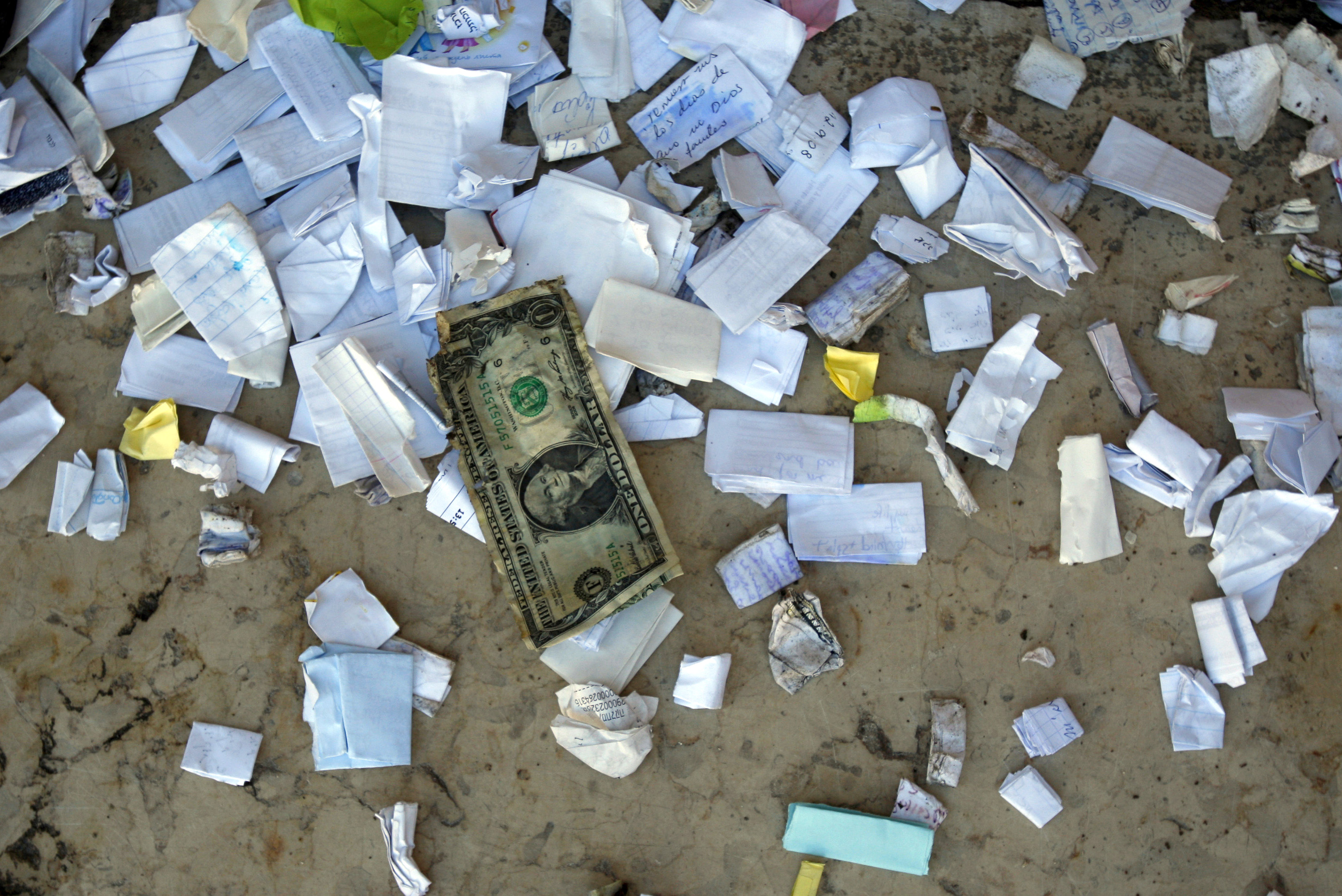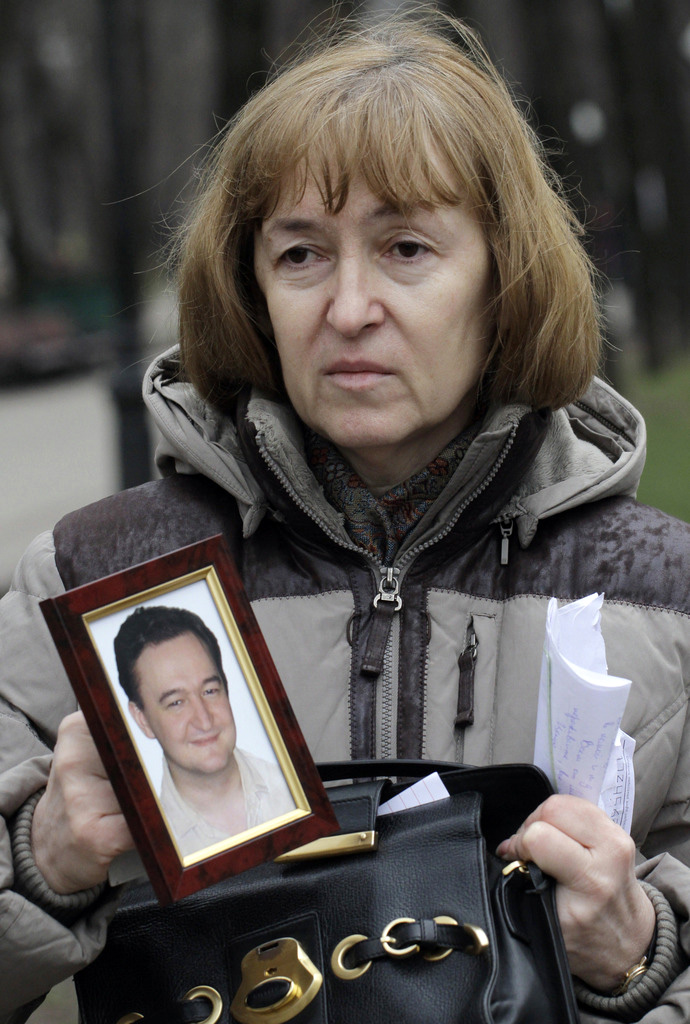Switzerland awash with money laundering cases

With several new money laundering cases coming to light over the past few weeks, Switzerland cannot shake off the image of being a prime destination for criminally acquired wealth. Is the financial marketplace misbehaving or a victim of its own success?
In the first month of 2013 the Swiss Federal Prosecutor’s Office has frozen accounts in connection with the Russian Magnitsky corruption case, a criminal complaint was filed against Malaysia’s Taib clan, and revelations emerged of €22 million (SFr27 million) in an account belonging to Luis Barcenas, a Spanish politician implicated in a corruption scandal.
Critics say the regulators and law enforcement authorities need to get tougher on the banks, but with an estimated 30 per cent of global offshore wealth held in Switzerland, the task of rooting out the bad apples is significant.
Gretta Fenner of the Basel Institute for Governance agrees that part of the problem is Switzerland’s attractiveness as a home for money. The qualities favoured by above-board customers – stability, security, secrecy – are also favoured by corrupt officials and criminals.
All the more reason to enforce the legislation as strictly as possible, she says. “Even if it is not perfect, we’ve got to start enforcing what we have and I don’t think we’re doing that in Switzerland enough,” Fenner told swissinfo.ch.
She stresses that Switzerland is not a unique case and that the same criticism applies to other financial centres, such as the City of London.
“The regulators and law enforcement are not doing their job properly. They are not tough enough on the banks and as a consequence the banks can still get away with being too negligent and sometimes give in to business interests to the detriment of compliance.”
Money laundering is the covert introduction of illegally acquired assets into the legitimate economy with the aim of disguising their true illegal origin.
This may take place in three phases:
Phase 1: placement. In this phase the assets (primarily cash) are paid into banks and thus turned into bank money, or used to purchase assets that can be liquidated at short notice.
Phase 2: layering. The goal of this phase is to spread the money placed in phase 1. It often involves complex international transactions using, among other things, offshore banks and bogus companies. Another way to spread the money is through a myriad of confusing and seemingly unconnected transfers.
Phase 3: Integration. The integration phase is when the assets are reintroduced into the legal economy, which may involve purchasing assets (e.g. real estate or precious metals) or shareholdings, etc.
Source: Swiss Banking Association
Suspicious activity
The Swiss Financial Markets Supervisory Authority (Finma) told swissinfo.ch that it remains alert to the issue of money laundering and systematically follows up on leads.
There is a comprehensive reporting system in place for suspicious activities in Swiss financial institutions. Every day bank officials and other financial intermediaries fill out SAR (suspicious activity report) forms and send them to the Money Laundering Reporting Office (MROS) in Bern.
As part of the SAR procedure, the accounts in question have to be frozen for five days while the authorities decide how to proceed.
In 2011, a boom year due to the Arab Spring, 1,625 such reports were received by MROS, 91 per cent of which were forwarded to the cantonal or federal law enforcement authorities. The total sums involved amounted to more than SFr3 billion.
“We have other tools we can use to verify information. We have access to various databases and we can also request information from our counterparts – Financial Intelligence Units – in other countries,” Stiliano Ordolli of MROS told swissinfo.ch.
Last year the then Russian First Deputy Prime Minister Viktor Zubkov announced that $33 billion had left the Russian economy in 2011 through money laundering.
The money went primarily to Cyprus, France, Britain, Hong Kong, Latvia and Switzerland, Zubkov said, adding that Russians had been buying property abroad at a dramatically increasing rate.

More
Shadow of Magnitsky case reaches Switzerland
Blacklist
The Magnitsky Act, which was signed into law in the United States in December, is one way of dealing with unwanted business from overseas. It imposes a US asset freeze and visa ban on 60 Russians implicated in the false arrest, torture and death of anti-corruption lawyer Sergei Magnitsky in 2009.
Could there ever be a global blacklist of undesirables? “The banks would love that,” Fenner said. “The permanent debate between the banks and the regulators is: tell us who you don’t want us to bank with and we will stop dealing with them straight away.”
Instead the banks have to work with the definition of ‘politically exposed persons’ (PEPs) and apply the checking measures themselves.
“I don’t think we will ever get everyone to agree to a conclusive and exhaustive list of individuals who should not be banked with, especially not at an international level,” Fenner said.
Thomas Sutter, a spokesperson for the Swiss Bankers Association, told swissinfo.ch that banks would surely welcome a binding, official list of potential clients they should not bank with due to the risk of money laundering. However, for him, the question of who would be responsible for creating such a list also remains open.
“Of course, such a list would have to be supported internationally,” Sutter says. “In contrast, it cannot be the job of a bank to create such a list.”
Too big to jail?
Meanwhile the financial intermediaries who knowingly or negligently deal with questionable clients are rarely seen to be punished. The referrals by MROS to the law enforcement authorities have only led to a handful of prosecutions.
It’s hard to judge how tough Finma is on the financial institutions it monitors. Interaction between them takes place behind closed doors and Finma does not comment on individual cases.
However a Finma spokesperson pointed out that the Swiss have got the seal of approval from the inter-governmental Financial Action Task Force (FATF) which sets the international standards in combating money laundering and dealing with PEPs. (It is among the 16 per cent of jurisdictions that are “largely compliant” with FATF rules.)
The Swiss Bankers Association points out that Switzerland is the only country in the world that has detailed and obligatory rules in force for dealing with the assets of PEPs. The association also states on its website that the Swiss financial sector does not want money of criminal origin and actively fights against money laundering.
Cash buyers
With the banks, insurance companies, asset managers and even casinos subject to money laundering reporting obligations, the Swiss government is turning to one of the best-known loopholes – property.
The property market has long been seen as a weak link in the chain, with massive sums changing hands in cash transactions.
In December 2012 the cabinet announced its intention to tighten up the regulations by setting a threshold above which cash transactions for property will no longer be possible.
China: $420.36 billion
Malaysia: $64.38 billion
Mexico: $51.17 billion
Russia: $43.64 billion
Saudi Arabia: $38.30 billion
Iraq: $22.21 billion
Nigeria: $19.66 billion
Costa Rica: $17.51 billion
Philippines: $16.62 billion
Thailand: $12.37 billion
Source: Global Financial Integrity (GFI) report

In compliance with the JTI standards
More: SWI swissinfo.ch certified by the Journalism Trust Initiative









You can find an overview of ongoing debates with our journalists here . Please join us!
If you want to start a conversation about a topic raised in this article or want to report factual errors, email us at english@swissinfo.ch.